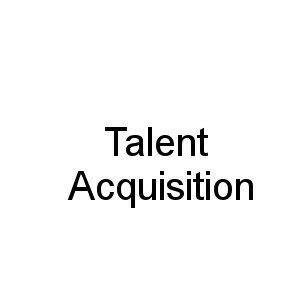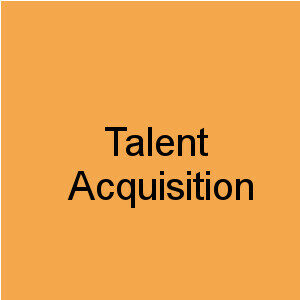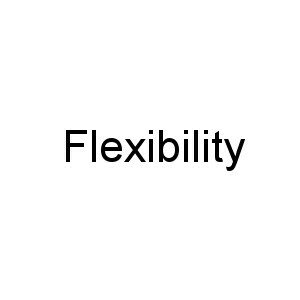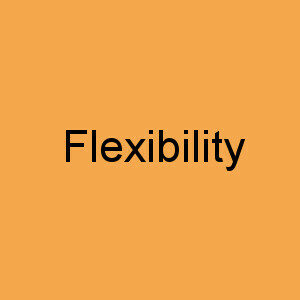Future Manager World - Scandinavia
Planning Future - Acting Present
One single simple Mission: supporting Companies HR needs Worldwide
APAC - EMEA - IMEA - LATAM - USA & North America
Scandinavia: Denmark, Norway, Sweden

Oliver Bloom - Scandinavia Country Manager
CEPIA Member

Oliver Bloom
Scandinavia Country Manager
Ready to find out more?
Contact us today and talk with our Scandinavia Global Expert!
Planning Future
Capabilities:
Corporate: Entrepreneurial Succession, Managerial Succession, Change Management, Compensation & Benefit Analysis, Management Relocation, International Employer Branding planning
Talent Acquisition: C-Level Executive Search, Middle Management Executive Search, Existing top and/or existing middle potential assessment programs, Pre-employment aptitude and personality testing programming, International Graduate Recruitment Programs
Flexibility: Temporary Management, HRPO Human Resource Process Outsourcing, RPO - Recruiting Process Outsourcing, White Collar Outsourcing, Payroll Calculating
Training - Future Manager Business School
Industries:
Financial: Private Banking, Investment Fund, Banking Technology, Corporate Banking, M&A, Consumer Financing, Mortgage
Industrial: Aeroespacial, Automotive, Agribusiness, Aviation, Chemical, Energy, Building, Manufacturing, Oli & Gas
Hi Tech: Software Networking, Telecommunications, Platforms
Roles and Functions:
Board: Ceo, Indipendent board member
Financial: Global Chief Financial Officer, Global Chief Treasury Officer, Global Chief Controlling Officer, Country Chief Financial Officer, Country Chief Treasury Officer, Country Chief Controlling Officer
Marketing: Global Chief Strategic Marketing Officer, Global Chief Operational Marketing Officer, Country Chief Strategic Marketing Officer, Country Chief Operational Marketing Officer,
Sales: Global Sales Officer, Country Sales Officer
Supply Chain: Global Chief Supply Chain Officer, Country Chief Supply Chain Officer
Human Resources: Global Human Resource Director, Global Recruiting Director, Global Development & Training Director, Country Human Resource Director, Country Recruiting Director, Country Development & Training Director
Information Technology: Global Chief Information Officer, Global Chief Digital Information Officer, Global Chief Technology Officer, Country Chief Information Officer, Country Chief Digital Information Officer, Country Chief Technology Officer











